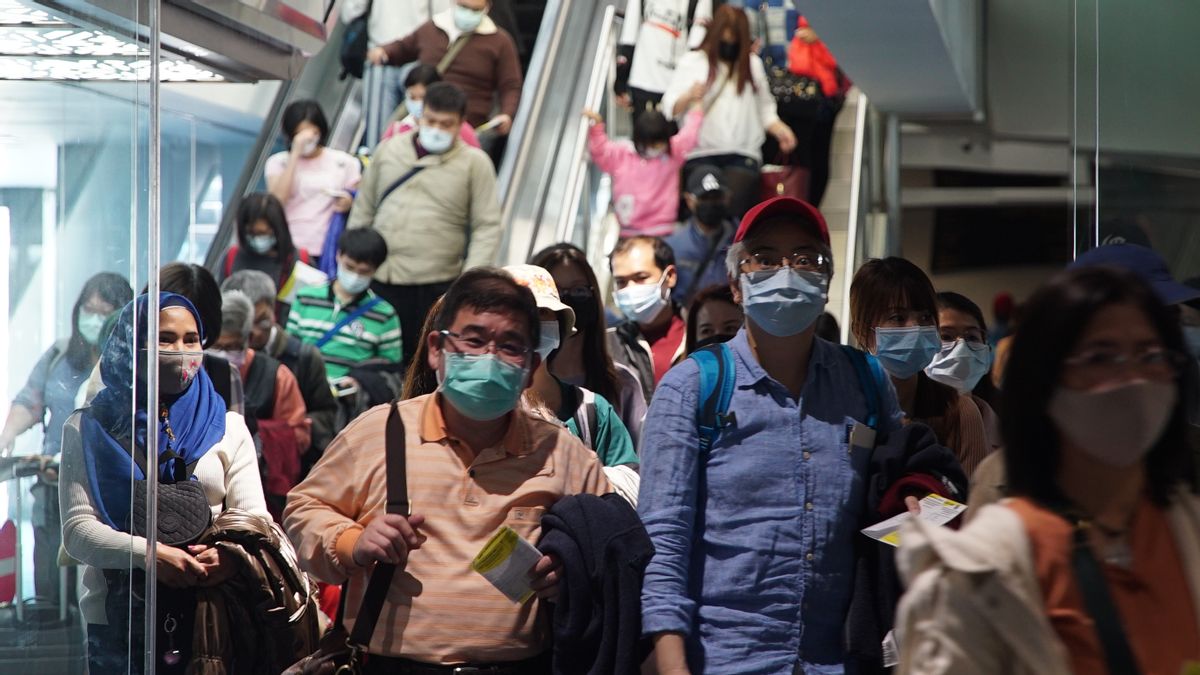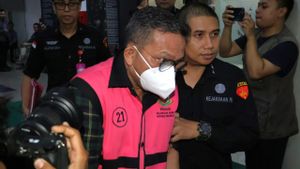JAKARTA - The high number of COVID-19 cases and deaths in the world has prompted the World Health Organization (WHO) to declare that the virus outbreak has become a pandemic. WHO Director General Dr Tedros Adhanom Ghebreyesus said the number of COVID-19 cases outside China increased 13-fold in two weeks. There have been 118,000 cases, more than 4,000 deaths, and the virus has occurred on every continent except Antarctica.
A virus can be said to be a pandemic if it is present in many countries around the world at the same time. Meanwhile, an outbreak is a case of disease that exceeds what is usually expected and an epidemic is a number of more than normal cases, certain health-related behaviors, or certain health-related events in a community or region, according to WHO.
"We have never seen a pandemic triggered by a coronavirus before. And we have never seen a pandemic that can be controlled at the same time," Ghebreyesus said.
"Describing a situation as a pandemic does not change WHO's assessment of the threat posed by this coronavirus. It doesn't change what WHO is doing and it doesn't change what a country should do," Ghebreyesus added.
🚨 BREAKING 🚨 "We have therefore made the assessment that # COVID19 can be characterized as a pandemic" - @ DrTedros #coronavirus pic.twitter.com/JqdsM2051A
- World Health Organization (WHO) (@WHO) March 11, 2020
In January, WHO declared the COVID-19 outbreak a public health emergency of international concern. The last reported pandemic in the world was the H1N1 flu pandemic in 2009, which killed hundreds of thousands of people globally.
Changing the status of COVID-19 doesn't change anything about how the virus develops, but the WHO hopes to change how countries handle the virus.
"Some countries are struggling with insufficient capacity. Some countries are struggling with less resources. Some countries are also struggling with less determination," Ghebreyesus said.

Therefore, WHO asks all countries to do several things, namely;
1. Activating and improving emergency response mechanisms;
2. Inform the public about risks and how they can protect themselves;
3. Find, isolate, test, and treat everyone with COVID-19 and track everyone he comes into contact with.
"We can no longer say this loud enough or clearly enough, or often enough: All countries can still change the course of this pandemic," hoped Ghebreyesus.
Currently, the two countries that have the world's most attention regarding COVID-19 are Italy and Iran. Italy has even closed schools, gymnasiums, museums, nightclubs and other places across the country. WHO emergency chief Michael Ryan added that the situation in Iran was "very serious". Therefore, WHO sent 40,000 test kits to Iran but there is still a shortage of ventilators and oxygen.
"Iran and Italy are suffering a lot right now, but I think it looks like other countries will be in that situation very soon," Ryan concluded.
The English, Chinese, Japanese, Arabic, and French versions are automatically generated by the AI. So there may still be inaccuracies in translating, please always see Indonesian as our main language. (system supported by DigitalSiber.id)











